
Long Before The War: Potemkin Villages Of Loyalists
In 2006, Vladimir Putin ordered Russian intelligence agents to organize pro-Moscow groups in Europe and Central Asia to combat Westernization, which he viewed as aimed against Russia.
NATO and the European Union had expanded into former Warsaw Pact countries as well as ex-Soviet republics along the Baltic Sea. Anti-Russian demonstrations in Ukraine suggested Kiev would follow Eastern Europe into NATO.
Putin wanted to head that off. So, he created a new Kremlin agency called the World Coordination Council of Russian Compatriots to recruit and oversee ethnic Russians and pro-Kremlin allies abroad to promote Russian interests. Nurturing allies in Ukraine was a special focus.
The move was an early sign of Putin's determination to battle what he considered Western betrayal and threats against Russia. Over time, this deep distrust evolved into military action and this year's invasion of Ukraine.
US President Joe Biden habitually calls the Ukraine conflict“Putin's War,” but indications of the Kremlin's displeasure with NATO enlargement emerged as far back as the 1990s and the waning days of the Soviet Union.
A litany of Kremlin complaints about betrayals begins with a charge that then-US president George H W Bush engaged in double-dealing after his secretary of state James Baker assured Soviet leader Mikhail Gorbachev that the reunification of West and East Germany would not be followed by NATO expanding eastward.
And the list grew:
- After the break-up of the USSR, Russian president Boris Yeltsin's complained that the“spirit” of the German reunification precluded“the option of expanding the NATO zone into the east.” Washington's plans went ahead anyway.
- In 1996, US president Bill Clinton dismissed Yeltsin's unhappiness with NATO enlargement into former Warsaw Pact countries.“Give it up on NATO enlargement,” he brusquely told Yeltsin.“We're going ahead. All you're doing, Boris, is creating a defeat for yourself.”
- When Yeltsin tried to get Clinton to promise exclusion of the Baltic states – Estonia, Latvia and Lithuania, all former Soviet republics – Clinton responded,“No, I will not make that commitment.”
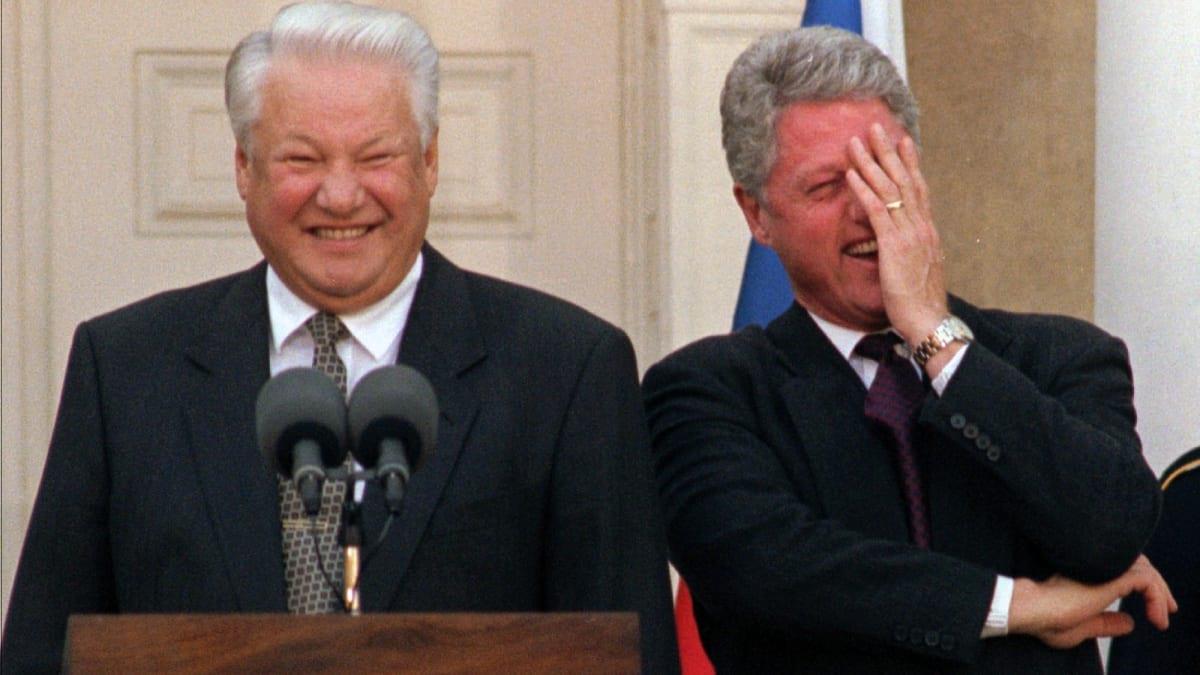
Despite their friendly relationship, Boris Yeltsin was troubled by Bill Clinton's support for NATO enlargement. Photo: Wikimedia Commons / White House
Putin took over from Yeltsin in 2000 and, although unhappy with NATO enlargement, he acquiesced to it. It was a recognition of political reality and Russia's weakness.
The country's economy was in a virtual depression, its politics chaotic and its army engaged in a brutal war to subjugate breakaway Chechnya.
In 2004, the Baltic states joined NATO along with ex-Warsaw Pact countries Romania, Bulgaria and Slovakia.
That same year, mass demonstrations in Kiev, the Ukraine capital, over suspicions of presidential election fraud drove out a pro-Russian candidate in favor of the winner, one with Western leanings. The so-called Orange Revolution prompted Putin to create the World Coordination Council of Russian Compatriots.
In 2008, at a NATO summit in Bucharest, the alliance debated further expansion: this time, whether to invite Georgia and Ukraine to join. German leader Angela Merkel and French President Nicolas Sarkozy opposed it; US president George W Bush, along with former Soviet satellites, were in favor.
The allies settled on a pledge they thought represented a compromise. They“welcomed Ukraine's and Georgia's Euro-Atlantic aspirations for membership and agreed that these countries will become members of NATO.” But no date for or formal program for accession was set.
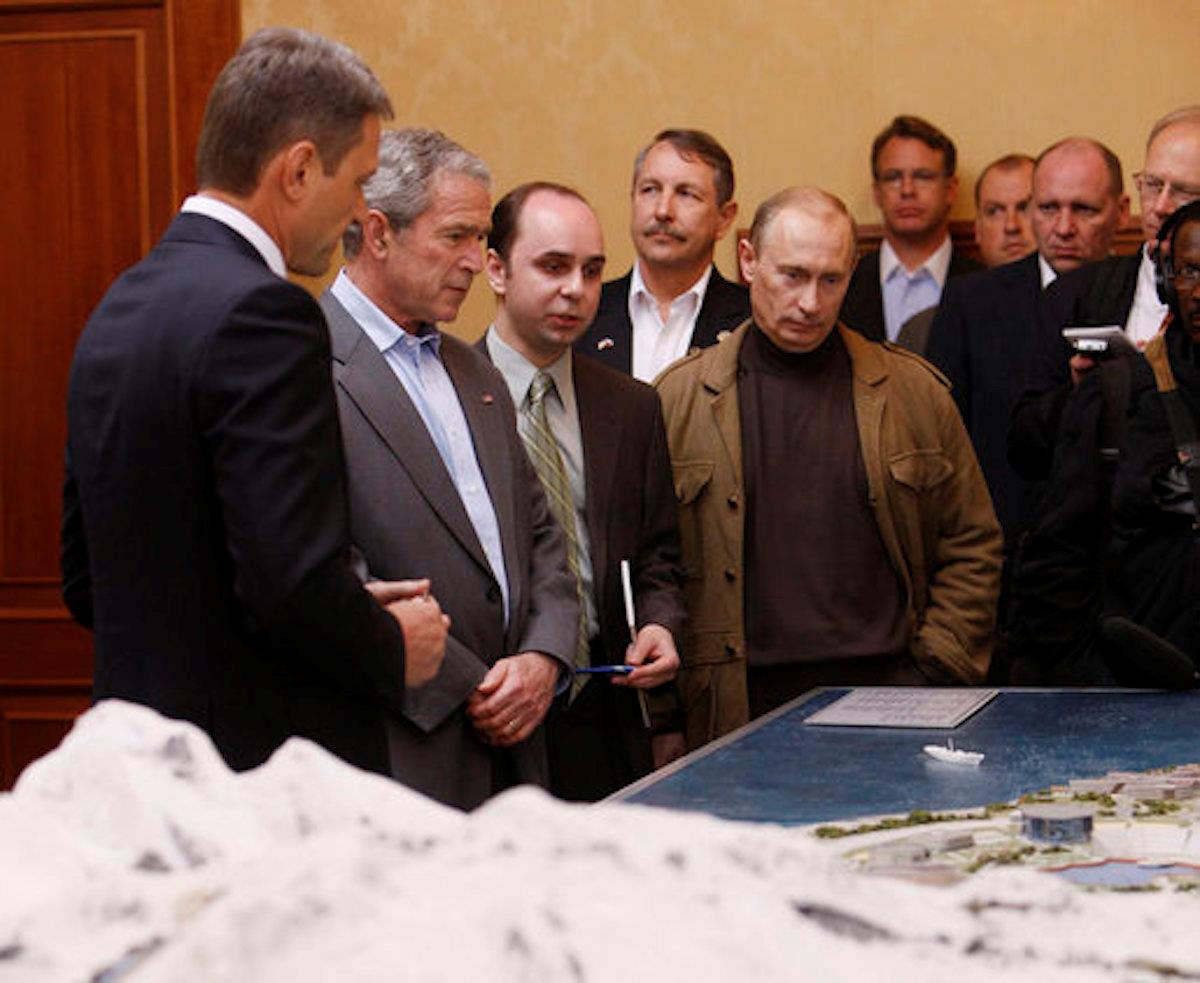
George W Bush and Vladimir Putin in 2008, shown at a briefing on the 2014 Winter Olympics plans. Photo: Wikimedia Commons
The compromise language was meant to assuage Merkel and Sarkozy as well as Putin. Putin was not mollified – far from it.
He met with Bush on the last day of the summit and“flew into a rage,” according to an account published by Russian journalist Mikhail Zygar in his book All the Kremlin's Men. Putin warned Bush that,“if Ukraine joins NATO, it will do so without Crimea and the eastern regions. It will simply fall apart,” Zgar wrote.
Five months later, Russia turned to military action. It went to war with Georgia in support of two breakaway regions. In 2014, Putin ordered troops into Ukraine, once again in support of separatists and also to occupy and annex Crimea.
Russia invaded Ukraine again last February 24, trying to make good on Putin's warning to George W. Bush that Ukraine would“fall apart.” And the Compatriots were supposed to mobilize and prepare to govern areas that Russia would conquer.
Western critics of NATO policy had counseled against expansion. In 1997, retired US diplomat George Kennan, known as the father of Washington's Cold War containment strategy, warned of likely negative consequences.“Expanding NATO would be the most fateful error of American policy in the entire post-Cold War era,” he wrote in the New York Times.
Kennan concluded that“such a decision may be expected to inflame the nationalistic, anti-Western and militaristic tendencies in Russian opinion; to have an adverse effect on the development of Russian democracy; to restore the atmosphere of the Cold War to East-West relations, and to impel Russian foreign policy in directions decidedly not to our liking.”
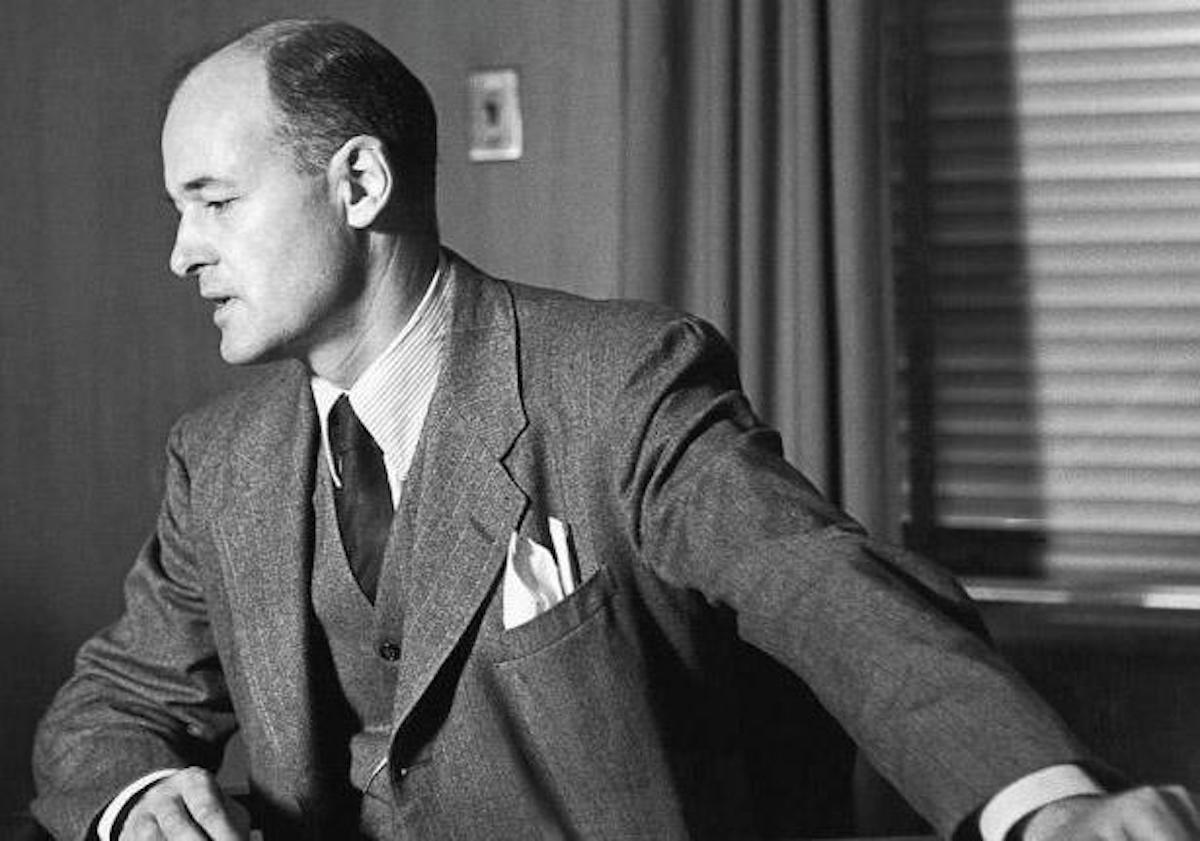
George F Kennan. Photo: Princeton Alumni Weekly
Arguments against such opinions were anchored in a combination of realpolitik and the ideological commitment to the spread of democracy. On the one hand, traditional Russian foreign policy was a domineering danger to Eastern Europe and to NATO itself. In addition, the view was that it should not be up to Moscow to decide; rather, it was up to countries Russia had once dominated to decide their futures.
Zbigniew Brzezinski, former President Jimmy Carter's top national security adviser, was one of the strongest voices. In 1994, Brzezinski argued that NATO enlargement was not only urgent but should go ahead“with Russian cooperation or without it.”
Brzezinski cautioned that failure to expand“could compound the danger” of NATO's disintegration. Four years later, he told a rapt audience in the western Ukrainian city of Lviv that“Ukrainian independence is strategically vital for Europe. Ukraine is culturally and politically a central European state.”
Proponents of the eastward NATO inclusion argument that people – not governments – should decide were confident that former Soviet satellites and republics would choose the democratic and prosperous West over Russia. Rolling crackdowns on political opposition to Putin in Russia bolstered their case.
Now, positions on all sides have hardened.
At the beginning of the war, the US expected a short conflict and a Russian victory. Sanctions seemed the best response. But Ukrainian resistance altered American thinking.
The US began to set maximalist Western goals, beyond just forcing a Russian retreat from Ukraine.
In April, US Secretary of Defense Lloyd Austin described US objectives:“We want to see Russia weakened to the degree that it can't do the kinds of things that it has done in invading Ukraine.”
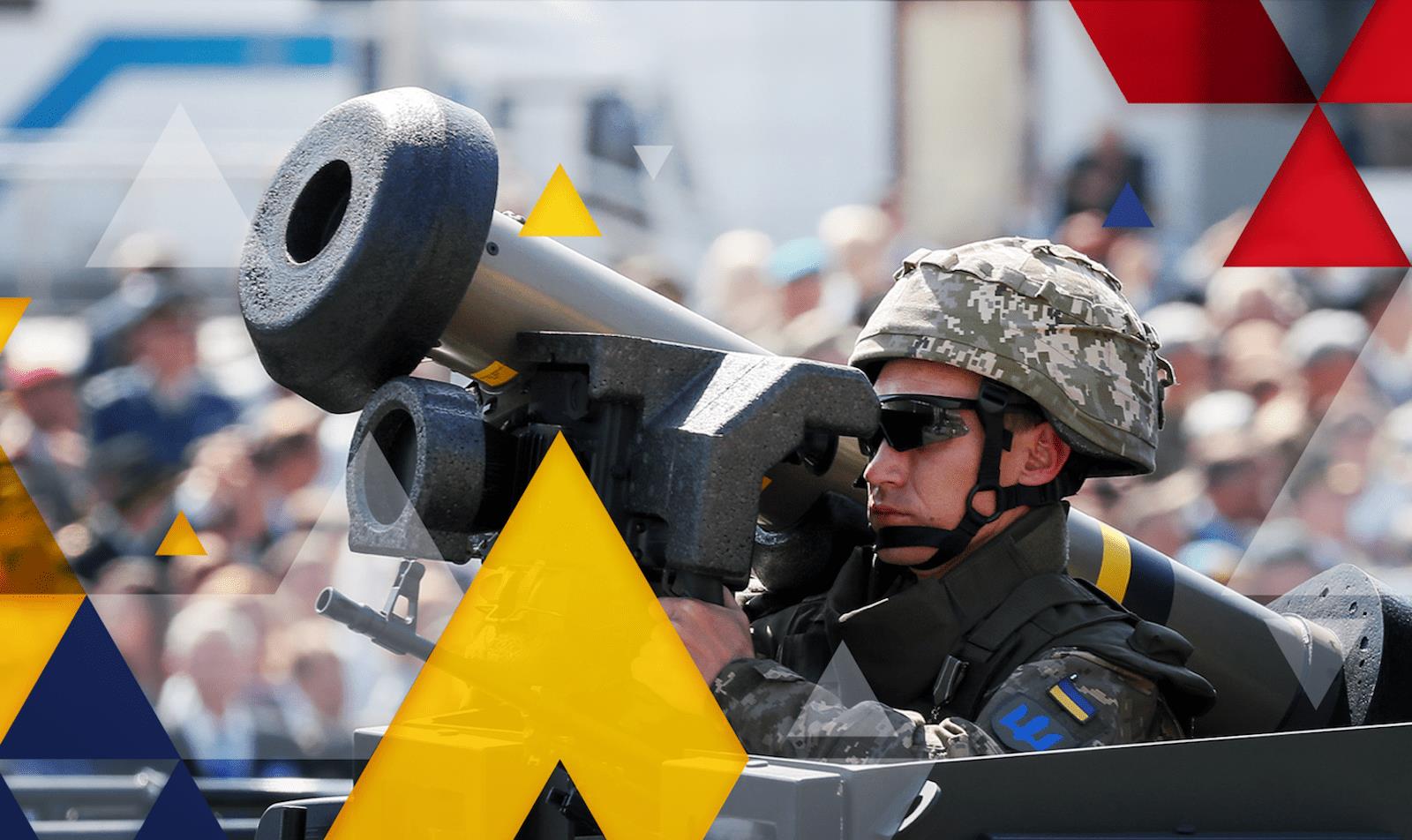
A Ukrainian army service member with a US-made Javelin anti-tank missile during a military parade in 2018. Image: Screengrab / Sky News
What's more, Biden declared that Putin has committed genocide in Ukraine and is a“war criminal” and ought to go on trial. These are accusations that will outlive the war, no matter what the outcome.
Western allies have not been fully on board with Biden. French President Emmanuel Macron and German Chancellor Olaf Scholz have declined to use the term genocide to describe Russian actions.
For his part, Putin laid out his own expansive list of demands, mostly aimed at the West. He considers the Ukrainian government of President Volodymyr Zelensky a mere Western puppet, not a worthy protagonist.
Putin wants not just to take over the Black Sea coast and far eastern Ukraine, but also to overthrow the Ukrainian government. He wants to get NATO to pledge that it never will expand into Ukraine, and he wants NATO to withdraw militarily from far-eastern Europe.
In any event, the war did not proceed in the way that Putin – and even the West – expected. The invasion stalled. Putin raised the specter of nuclear war. NATO is supplying sophisticated artillery and missiles while the Ukrainians have begun to target Russian military facilities in Crimea.
Oh, and what of the Ukraine-based agents of the World Coordination Council of Russian Compatriots? The organization failed to materialize, even in towns that Russian forces were able to conquer, the NATO official said.
“The local allies were a fiction,” he explained.“Agents stole the money while reporting to Putin that they were ready to take control and that the Ukrainians would welcome the Russians as liberators.”
In any event, the trajectory of combat makes a fancifully neat transfer to Putin's Potemkin Village of loyalists. Simply too many people are dying.

Legal Disclaimer:
MENAFN provides the
information “as is” without warranty of any kind. We do not accept
any responsibility or liability for the accuracy, content, images,
videos, licenses, completeness, legality, or reliability of the information
contained in this article. If you have any complaints or copyright
issues related to this article, kindly contact the provider above.

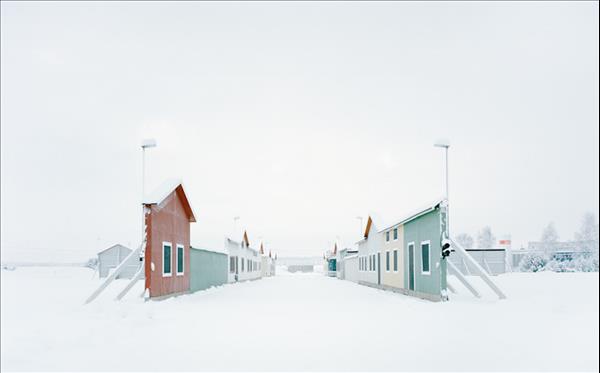
















Comments
No comment